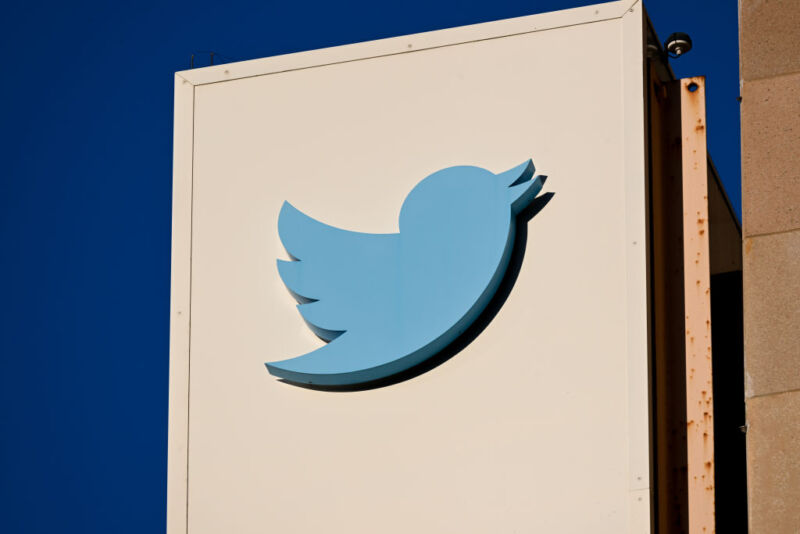
On Wednesday and Thursday, Twitter’s internal Slack channels were suddenly shut down. Platformer reported that the company manually shut services off. Before that was confirmed, a Twitter employee posting on the anonymous workplace chat app Blind had speculated that it was also possible that Twitter had shut down employee access because it had stopped paying its Slack bills.
Whatever the reason driving Twitter’s decision to remove Slack access, it resulted in a very unproductive work day for some Twitter employees who were suddenly unable to communicate, Platformer reported. At the same time that employees lost Slack access, they also couldn’t access Jira, a tracking software that Platformer said engineers use to ship code and monitor progress on new features. Rather than being equipped to go “hardcore,” some decided to just take the day off. Other employees took two days off.
Apparently, Twitter told employees that the Slack channel was down for “routine maintenance,” but a Slack employee told Platformer that was “bullshit.”
“There is no such thing as ‘routine maintenance,’” the Slack employee said.
A Slack spokesperson confirmed to Ars that Slack did not deactivate Twitter’s workspace or user accounts.
Slack rarely shuts down services for maintenance. If there had been some kind of routine maintenance scheduled, Slack would have documented it here, where the app tracks the status of various incidents reported on the platform.
Twitter could not immediately be reached for comment.
Why would Twitter shut down Slack?
It may be that Twitter CEO Elon Musk is looking for more ways to cut costs or is testing other internal communications tools. Platformer suggested that Musk might be considering swapping out Slack for tools used by Tesla engineers, including Mattermost and Microsoft’s Teams.
For Twitter employees, losing Slack would likely deepen the sting of losing so much legacy knowledge of the platform during mass layoffs. One employee who stuck around after the first round of layoffs said they would search Slack for answers to questions after losing access to so many colleagues, finding solutions “99 percent of the time,” Platformer reported.
Slack was also where many employees said their goodbyes. Under Musk, employees have said they feel less comfortable using Slack to share insights and opinions on how to improve Twitter. If Slack was to be permanently deactivated, it could mark for some the end of an era when employee input was seemingly more highly valued by the company. Platformer reported that at least one employee—speaking on the anonymous workplace chat app Blind—said that deactivating Slack was the “proverbial final straw” prompting them to start job-hunting.
Major ad agency endorses Twitter stability
Any slowdown in Twitter productivity generates concern that the platform could grow unstable, and those fears do not appear unfounded. At the start of this month, Twitter experienced a global outage, then a Super Bowl outage, and just yesterday, a 20-minute outage in Asia, Platformer reported.
Some have speculated that outages could cause advertisers to continue shunning Twitter, but AdAge reported today that a rare endorsement of Twitter’s stability from a major ad agency, WPP, has some advertisers reassessing the benefits of doing business with Twitter.
WPP CEO Mark Read told Bloomberg TV yesterday that “Twitter seems to be a lot more stable the last few months than perhaps it was toward the end of last year. I think clients want to start to look about how they can come back onto Twitter,” AdAge reported.
This represents a massive reversal regarding WPP’s stance on Twitter after urging advertisers to leave the platform last November, AdAge reported.
While Musk figures out which team communications tools will best support Twitter through rapid updates to support new features and its recently announced transition to making its algorithm open source—which will happen supposedly next week—Musk seems pleased that at least advertisers seem to expect the platform will remain stable through it all. Musk directly acknowledged the AdAge report on Twitter today, commenting on WPP’s endorsement by tweeting, “That’s great to hear!”
https://arstechnica.com/?p=1920032

